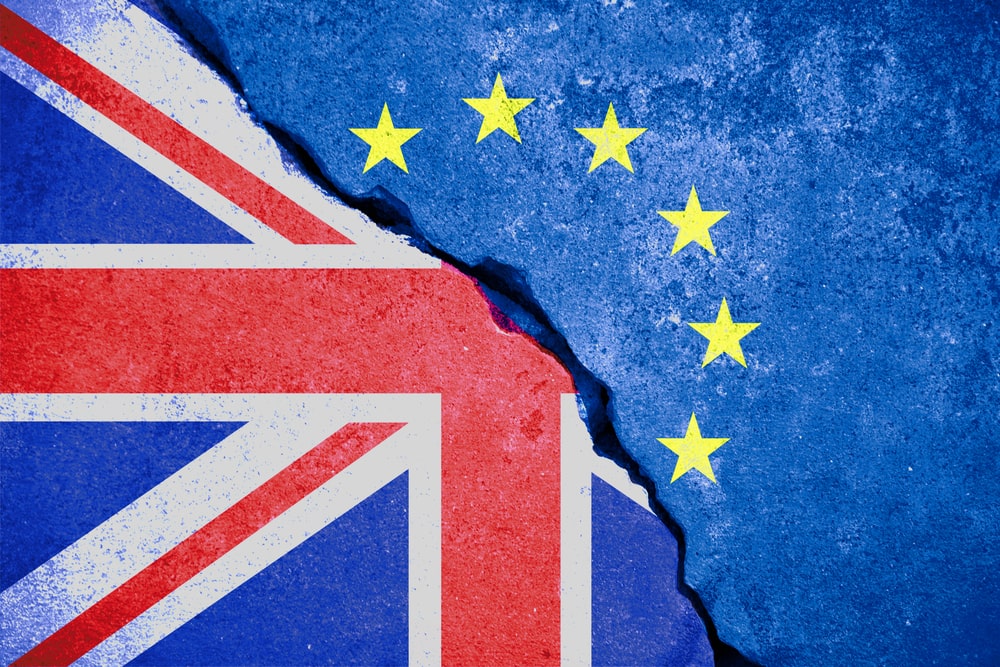With 2021 looming, the uncertainty over either a hard Brexit in the future or the materialization of a deal brokered by the cut-off date of 31st December 2020 continues to dog issues, including that of financial services passporting.
Banks located in the European Union and the United Kingdom will operate in two separate supervisory and regulatory settings. Those who provide financial services between the United Kingdom and the EU will no longer enjoy the benefits of the Single Market.
What are the financial implications of a hard Brexit?
Since the deal was not finalized before the year-end deadline, it's hard to predict what will be the impact of a hard Brexit on the payment institutions and banks who find themselves without the necessary permission to trade with either UK or European clients and/or organizations?
What are payment institutions doing?
The impact on the payment’s world comes with the UK banks and institutions no longer having permission to provide services directly to European customers. Similarly of course banks and institutions within the European Union will also not be allowed to effect payments directly to or service British customers after 31 December 2020.

Most of the British banks and payment institutions have proactively used the last three years to secure banking licenses in a European Union country. Barclays bank has, for example, obtained a banking license in Germany. Netherlands, Belgium, Lithuania, and Ireland have proven popular countries in which payment and electronic money institutions based in the United Kingdom have made applications for licenses to conduct their businesses post-Brexit.
How should companies be preparing for business under the new restrictions?
Opening an account in both the European Union and the United Kingdom will certainly solve the problem of being able to transact whether from Europe or the United Kingdom in either Europe or the UK, after 31st December 2020. The task of opening accounts as a European Union member in the UK and vice-versa is really simplified nowadays and poses no problem whatsoever.
Having a license in both the United Kingdom and European country enables these institutions to carry on as normal, regardless of a hard Brexit. In fact, a working solution for a high percentage of the bigger payment firms has been to avoid possible disruptions to business by securing licenses in this way.
1. Financial Security and Safety Through the Brexit Transition
Customers have typically received notification from their banks advising them of the pending closure of their bank accounts come 31 December 2020, leading up to the Brexit deadline. This is as a result of the government failing to secure passporting rights for financial services, leading to the closing of ex-pats' bank accounts and credit cards.
- Remain Calm: This is not the time to react impulsively. Options are available. It is not necessary to only discuss your banking institution’s plans for Brexit once you have received their warning letter. Talk now and remember that your account may not be closed if you have a UK address.
- Check your accounts and check with your bank whether your types of savings products remain permissible in your country
- Open a bank account in your country of residence, which will probably only require proof of a work permit and/or a visa
- Expats with pensions paid into a UK account who transfer it to a local bank when favourable to do so may consider opening a UK account with a different bank. Money transfer services such as Transferwise, Revolut and B2B Pay are also viable options.
- Landlords with UK properties out on rentals will also do well to consider Transferwise or Revolut as an option for rental incomes
- An independent financial adviser may be a good choice should a fundamental change in your financial situation be on the horizon.

2. Open a Virtual Bank Account for Your Business
This is the way to bank with the eventualities that Brexit poses.
- A virtual bank account will open doors to accept SEPA payments from 35 European Union countries
- A safe, inexpensive, and swift solution to international banking
- Centralized incoming and outgoing payments simplifies reconciliation
- B2B Pay allows receiving and sending of SEPA payments from and to 35 European Union countries
- Virtual banks have lower overheads, transferring the benefits of lower transaction fees to customers
Signup for a virtual bank account for your business with B2B Pay.
3. Safe Banking Options During Brexit
- TransferWise: With a license through the National Bank of Belgium, banking will remain unaffected in the event of a Hard Brexit. Sending, spending, and receiving funds continue unaffected, with balances remaining safe and easily accessible. Peace of mind comes with this borderless online account which is independently regulated by the Financial Conduct Authority (FCA) in the UK, and trusted by over 3 million customers around the world
- Revolut is a digital bank that allows customers to spend, send, receive, and manage money from a single app, allowing one to open an account from your phone. In place since 2015 as a travel card providing cheap exchange rates, it is slowly becoming the fastest growing digital bank with an impressive offering of features. Revolut uses Barclays and Lloyds to store customers’ money.
- HSBC plan to continue as usual with existing accounts and new account applications from Brits residing within the European Union
- Barclays Bank operates through Barclays UK and Barclays International and has expanded its existing subsidiary Barclays Bank Ireland PLC (BBI) to best service clients without disruption after the UK departs from the European Union
On the downside, many companies got rejected for various reasons. At B2B Pay we pride ourselves on our excellent customer services and providing you with a tailormade financial service.
Unsure whether you are ready for Brexit? Speak to your bank should you have specific questions regarding your personal finances or business banking.
Please note that regulations and negotiations are continuously changing.
Page content
About the author

Disclaimer
This publication is provided for general information purposes and does not constitute legal, tax, or other professional advice from B2B Trade Payment Services AB or its affiliates, and it is not intended as a substitute for obtaining advice from a financial advisor or any other professional.
